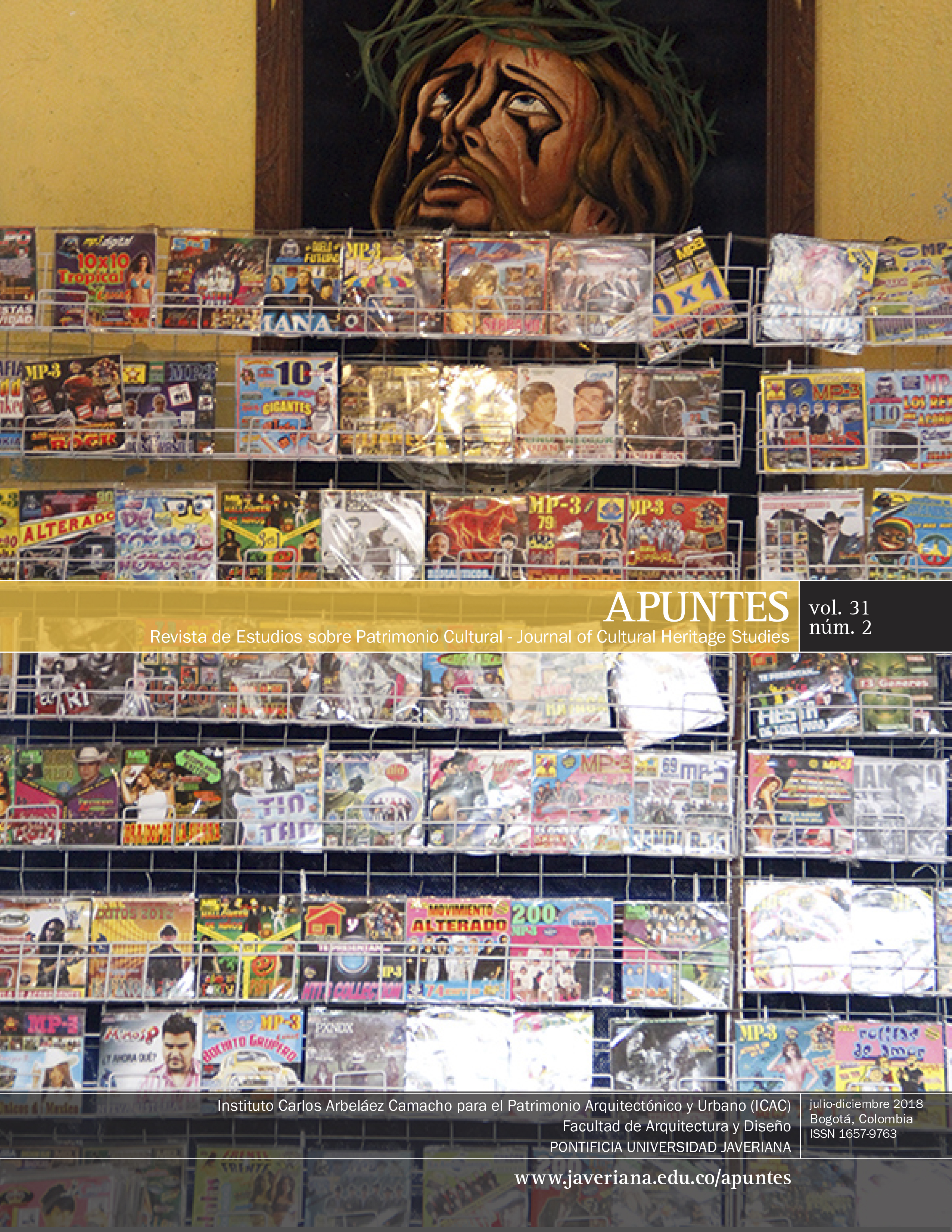Two Subjects for a Single Teaching Process. Pedagogical Innovation in the Education of Architects
##plugins.themes.bootstrap3.article.details##
Why the intertwining of two subjects in a single teaching-learning space is a rationalizing pedagogical innovation? The methodological strategy to realize the said innovation is a proposal with historical-cultural grounds supported in the Cuban pedagogy. A documentary analysis is used for the diagnosis, design modelling and content adjustment for the techniques and strategies intended to measure the satisfaction among the students and the teaching-learning process guides. The result thus obtained is an active comprehension of the contents in those subjects by applying the methods of science in the survey of the cultural heritage at the Architecture School, which was recorded in digital formats to be then converted into didactic resources for both subjects. The products found by the students are tickets detailing cultural heritage objects and reusable didactic games for the promotion of the college cultural heritage. It is concluded that in the dynamics of the technical-scientific development the rationalization of time and the innovation are imposed over the didactic methods so that to produce a comprehensive-productive formation of the architects. This way, the subjects are quite significant and favor that new research routes will appear in the future that would allow the pedagogical rationalization of the curriculums and methodological alternatives to provide the students with a leading role
subject intertwining, college cultural heritage, scientific method, pedagogical innovationvinculación de asignaturas, patrimonio cultural universitario, método científico, innovación pedagógica
Cepal (1990). Transformaciones productivas con equidad: la tarea prioritaria del desarrollo de América Latina y el Caribe en los años noventa. Santiago de Chile: Naciones Unidas, Comisión Económica para América Latina y El Caribe.
Chirino, M. V. (2002). Perfeccionamiento de la formación inicial investigativa de los profesionales de la educación. Tesis de doctorado en Ciencias Pedagógicas, Instituto Pedagógico Enrique José Varona, La Habana.
Drucker, P. (1995). Dirección por excepción. México: Editorial Cecsa.
González, M. (2006). Metodología para la promoción cultural de la investigación en el Instituto Superior Politécnico José Antonio Echeverría. Tesis de doctorado en Ciencias de la Educación, Cuba.
Martínez, E. (1997). Ciencia, tecnología y Estado en América Latina: el fin de siglo XX. En González, H. y Schmidt, H. (eds.) Democracia para una nueva sociedad. Caracas: Editorial Nueva Sociedad.
Núñez, J. (1999). La ciencia y la tecnología como procesos sociales. Lo que la educación científica no debería olvidar. La Habana: Editorial Félix Varela.
Rodríguez, L. E. (ed.) (2011). La Arquitectura del Movimiento Moderno. Selección de Obras del Registro Nacional. La Habana: Docomomo Cuba.
Sierra, R. A. (2004). Modelo teórico para el diseño de una estrategia pedagógica en la educación Primaria y Secundaria Básica. Tesis doctoral, Instituto Superior Pedagógico Enrique José Varona, La Habana.
Tommasino, H. (2007). Generalización de las Prácticas Integrales. Los aportes de la Extensión para su implementación. Montevideo: Ed. Facultad de Agronomía, Universidad de Uruguay.
Vigotsky, L. S. (1996). Pensamiento y lenguaje. Moscú: Editora A.C.


